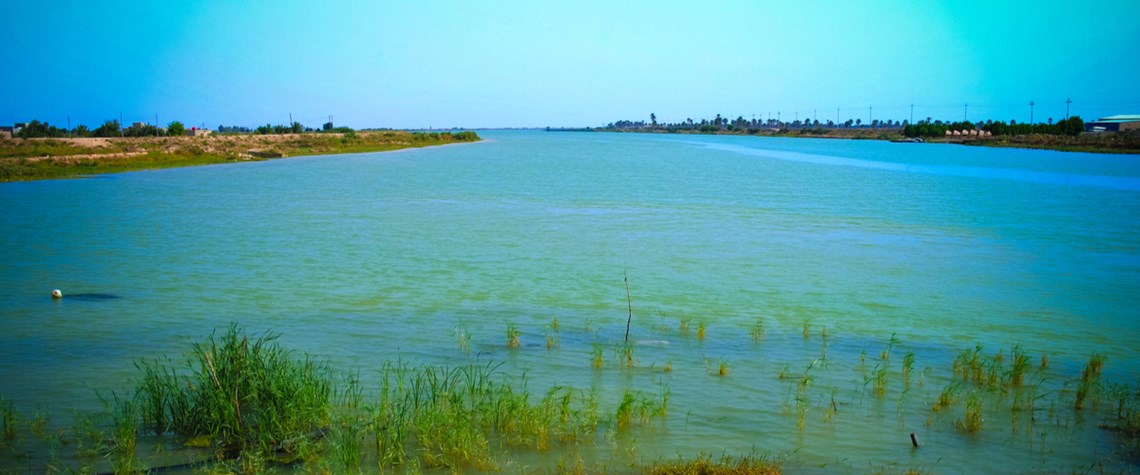Book review: Water threatens to disrupt Iraqi-Kurdish-Turkish relations
Diminishing sources of clean water and rising demand could increase tension between Baghdad and Erbil, as well as Baghdad and Ankara, a new book says
Water has been a headache for Iraq since the late 1970s, when Turkey began building huge dams on the Tigris and Euphrates rivers in the southeast of the country for irrigation and hydroelectric power generation. The dams reduced the flow of the two rivers beyond the Turkish border, raising fears in Baghdad as well as Damascus that Ankara might one day turn off the tap. Turkey is certainly able to control how much river water Iraq and Syria receive (the Euphrates flows through Syria before reaching Iraq). With Turkish president Recep Tayyip Erdogan still in the mood for expansionist adventures, Syrian and Iraqi leaders might well be justified in feeling nervous.

Also in this section
26 February 2026
OPEC, upstream investors and refiners all face strategic shifts now the Asian behemoth is no longer the main engine of global oil demand growth
25 February 2026
Tech giants rather than oil majors could soon upend hydrocarbon markets, starting with North America
25 February 2026
Capex is concentrated in gas processing and LNG in the US, while in Canada the reverse is true
25 February 2026
The surge in demand for fuel and petrochemical products in Asia has led to significant expansion in refining and petrochemicals capacities, with India and China leading the way







